Q: Amber, how do you feel about books featuring Black characters or people written by non-Black authors?
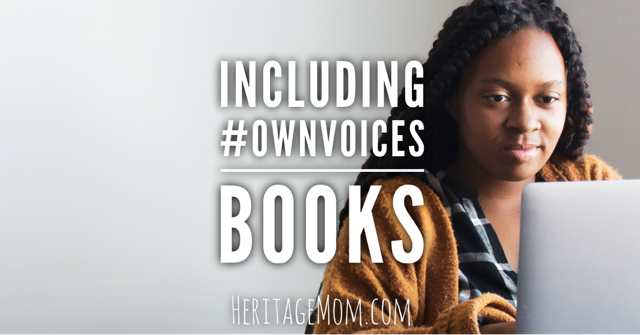
My answer:
Writer Corinne Duyvis popularized the hashtag #OwnVoices, which describes an author from a marginalized or underrepresented group writing about their own experiences from their point of view, instead of somebody else writing as a character from a group to which they do not belong. The term is nuanced, and Duyvis herself has made it clear that claiming the #OwnVoices label does not place a book or its author above criticism because the designation is not an automatic seal of approval, authenticity, or quality.
Kayla Whaley from Disability in Kidlit makes a compelling argument for #OwnVoices. She says:
“Even when portrayals of diverse characters by majority-group authors are respectfully and accurately done, there’s an extra degree of nuance and authority that comes with writing from lived experience. Those books that are #OwnVoices have an added richness to them precisely because the author shares an identity with the character. The author has the deepest possible understanding of the intricacies, the joys, the difficulties, the pride, the frustration, and every other possible facet of that particular life—because the author has actually lived it.”
Kayla Whaley, Disability in Kidlit
Grasping hold of #OwnVoices books is essential, and I try to add great ones to our home collection whenever possible.
“Books by cultural insiders most reliably provide rich, subtle material that can be enjoyed purely for entertainment or to gain insight into another realm of experience. Because the authors are well-rounded people whose ethnic or racial background is simply one facet of their being, they create characters who likewise go far beyond caricature and tokenism.”
Laura Simeon, school librarian and member of the Coretta Scott King Book Award Committee
Some parents insist on only #OwnVoices books on their shelves, and though I understand their perspective, I haven’t made it an absolute rule in my own home. Cultural outsiders have penned several of my children’s favorite books, and I would never remove those from our shelves. But I prioritize books written by authors who share the same racial identity as their characters or the people they’re writing about.
I remain flexible while always keeping the end goal in mind: cultivating inspiring and healthy ideas for my children.
I also strive to help create positive change in the world of children’s books—a world where marginalized authors have traditionally struggled to get the same “pay, promotion, and praise,” as Whaley so aptly once described.
For plenty of #OwnVoices books, mixed with great titles by many other authors, check out my Book Recommendations and Heritage Book Club Picks.
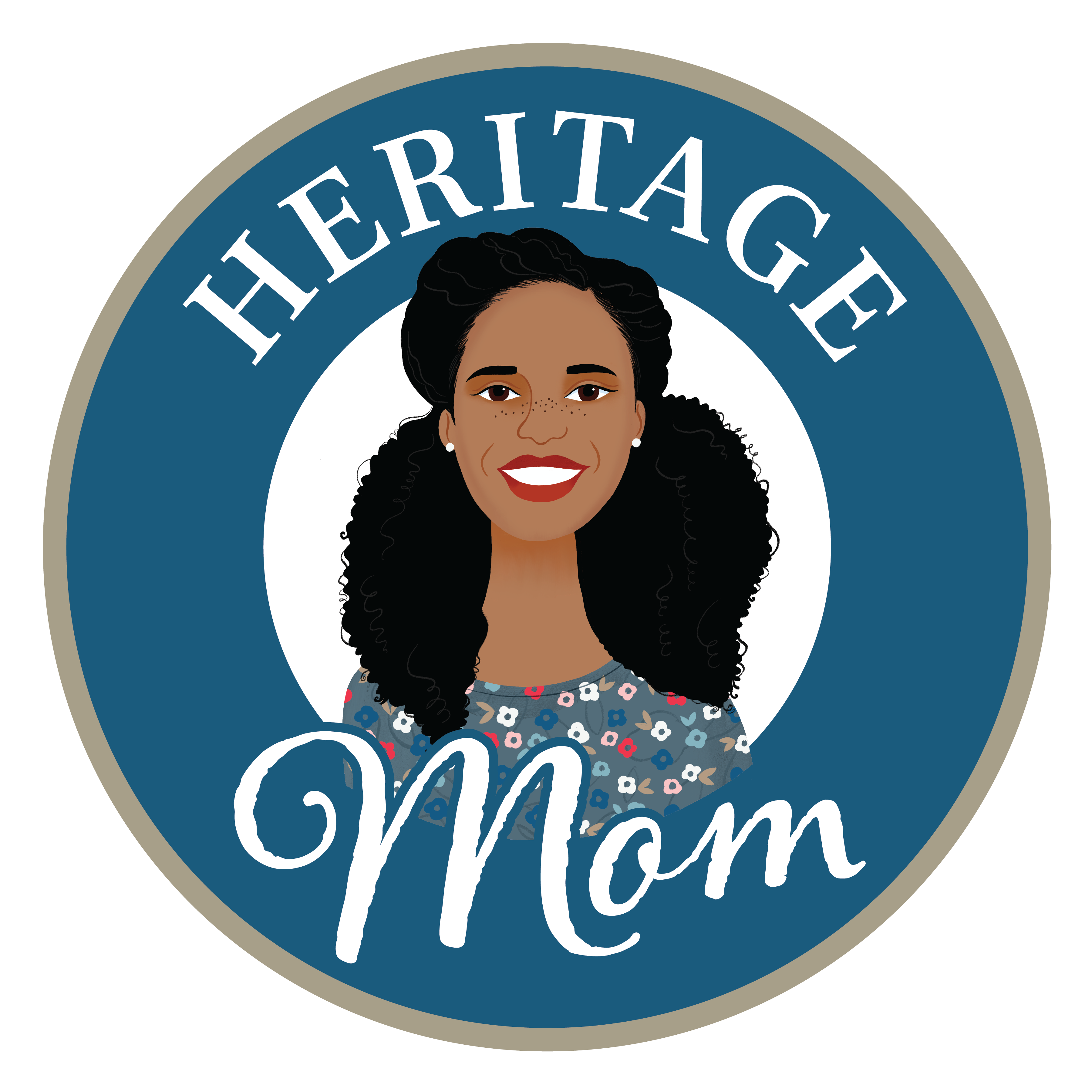
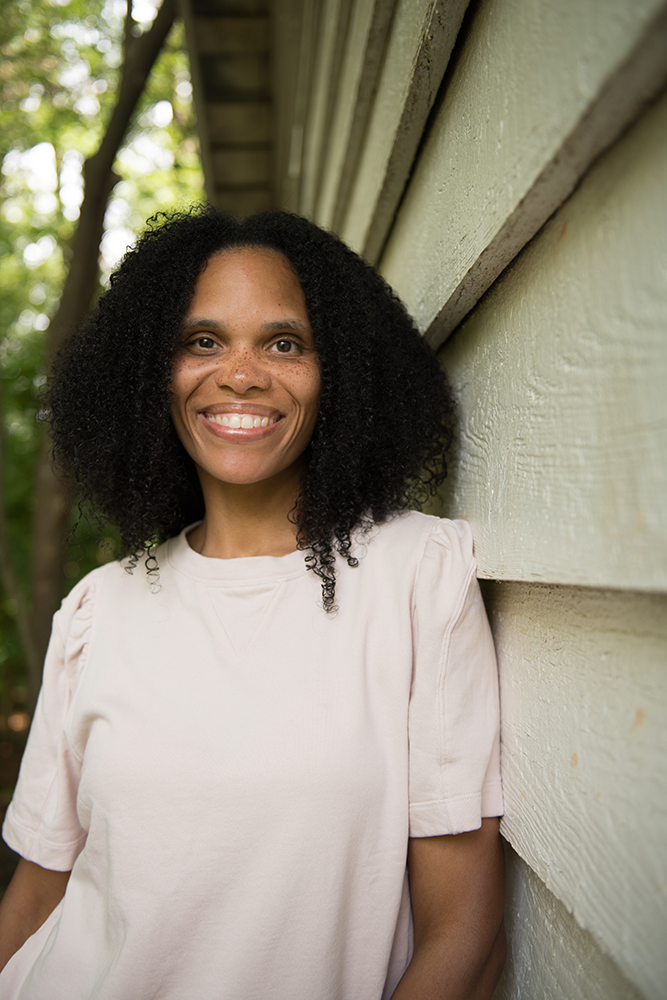
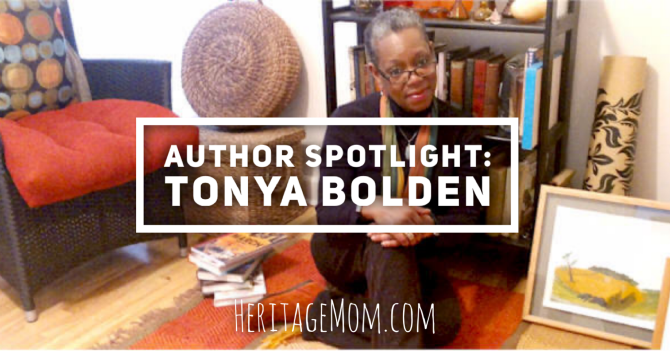
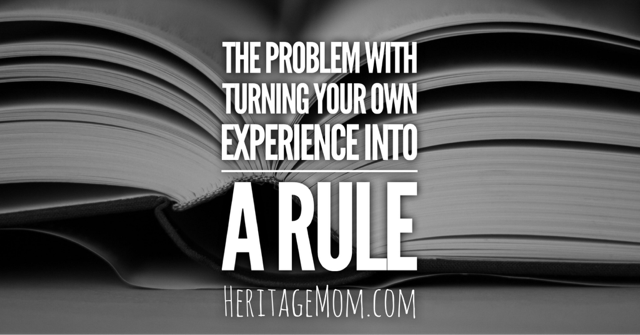
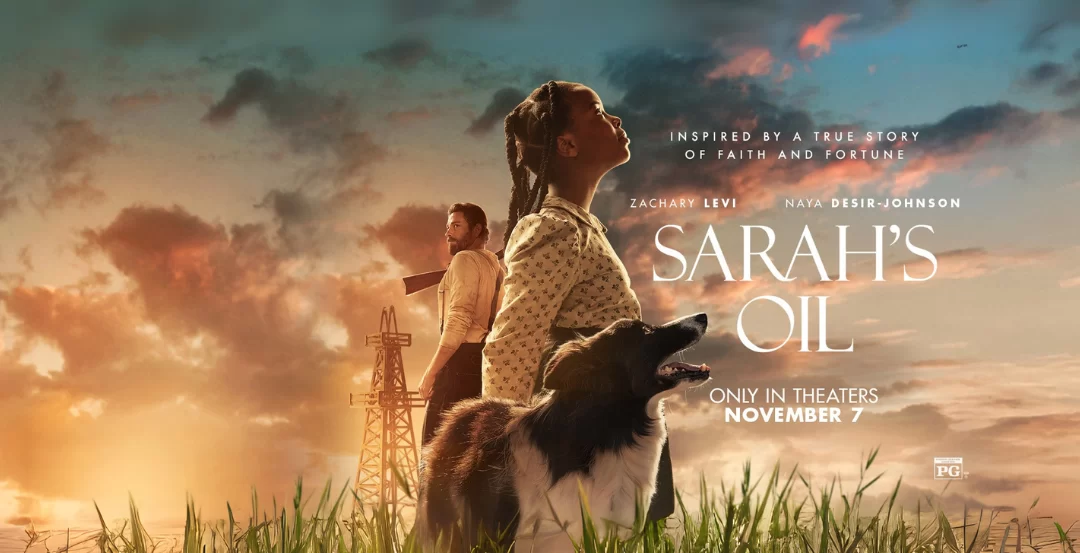
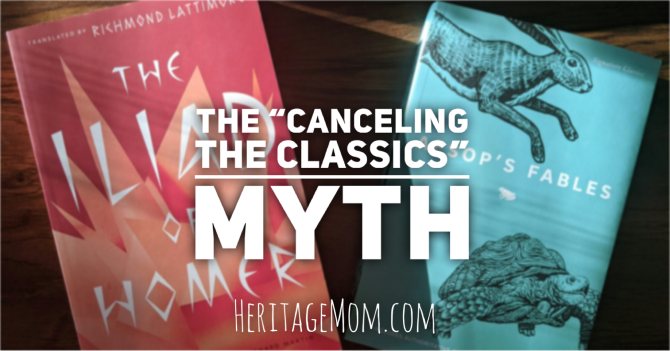
0 Comments